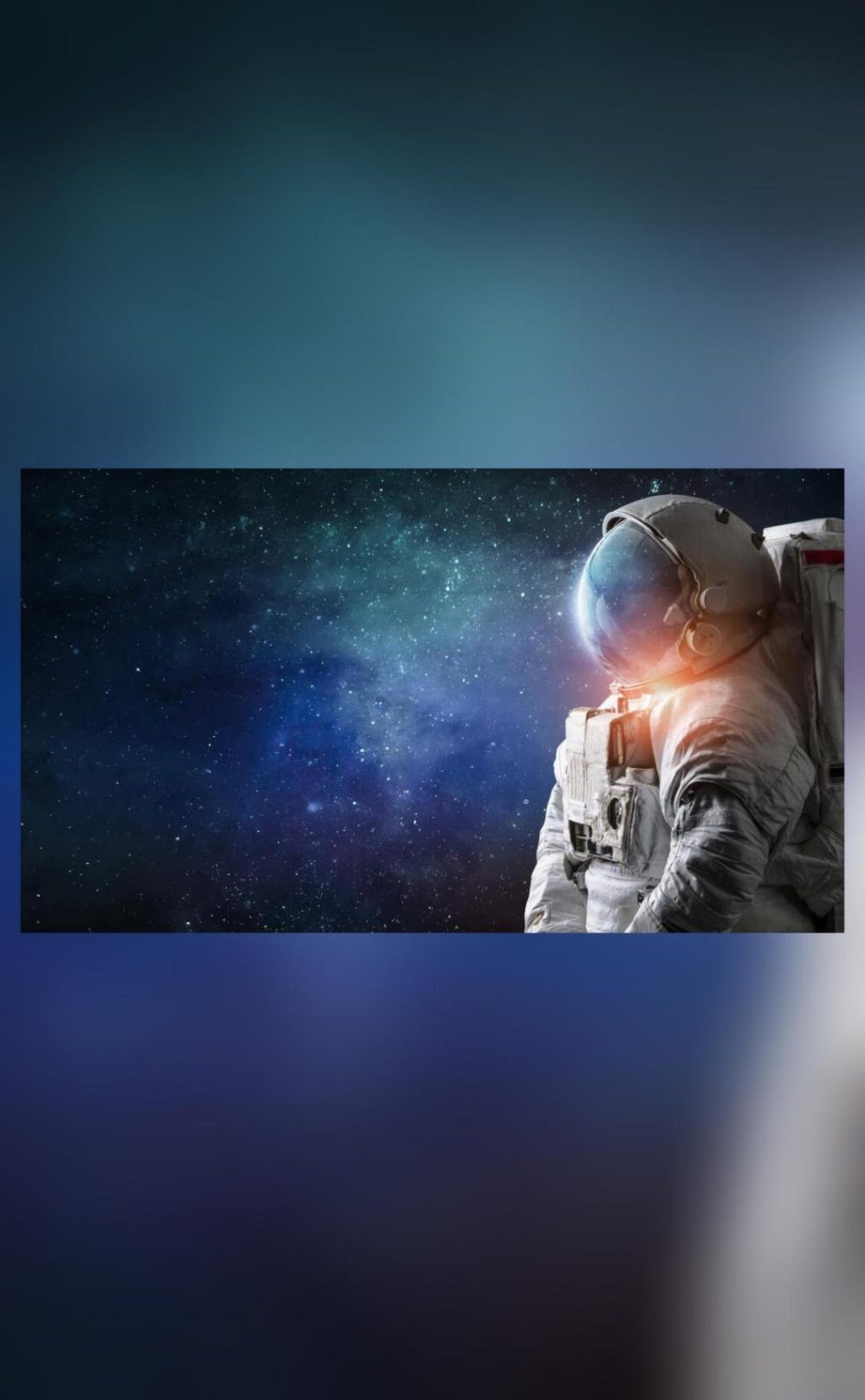
Google & NASA Create AI Medical Assistant for Mars Missions
As NASA continues to push the boundaries of space exploration, ensuring the health and well-being of astronauts on long-duration missions has become a top priority. To address this challenge, NASA and Google have collaborated to develop an AI-powered medical assistant, designed to provide diagnostic support and improve medical care for astronauts on Mars and other space missions.
The Crew Medical Officer Digital Assistant (CMO-DA) is a groundbreaking multimodal AI system that runs on Google Cloud’s Vertex AI platform. This cutting-edge technology is capable of processing speech, text, and images to provide accurate diagnoses and treatment recommendations.
The Need for AI-Powered Medical Care
Long-duration space missions pose significant challenges for astronaut health and wellness. Isolation, confinement, and exposure to the harsh environment of space can lead to a range of physical and mental health issues. In the event of an injury or illness, medical professionals on the ground may not always be immediately available to provide guidance. This is where the CMO-DA comes in – an AI-powered medical assistant designed to provide rapid and accurate diagnostic support.
How the CMO-DA Works
The CMO-DA is a cloud-based system that uses natural language processing (NLP) and machine learning algorithms to analyze medical data and provide diagnoses and treatment recommendations. The system is trained on a vast dataset of medical records, research papers, and clinical guidelines to ensure accuracy and reliability.
When an astronaut reports a medical issue, the CMO-DA is triggered to assess the situation. The system reviews medical history, performs diagnostic tests, and analyzes symptoms to provide a comprehensive diagnosis. The AI assistant can also communicate with medical professionals on the ground, providing real-time updates and recommendations.
Diagnostic Accuracy
In a recent test, the CMO-DA demonstrated impressive diagnostic accuracy rates. For ankle injuries, the system achieved a rate of 88%, while for ear pain, it achieved an accuracy rate of 80%. These results are a testament to the power of AI-powered medical care and the potential to revolutionize healthcare in space.
Benefits for Astronauts and NASA
The CMO-DA offers numerous benefits for astronauts on Mars and other space missions. By providing rapid and accurate diagnostic support, the system can help reduce the risk of misdiagnosis and improve treatment outcomes. Additionally, the AI assistant can help reduce the workload of medical professionals on the ground, allowing them to focus on more complex cases.
For NASA, the CMO-DA represents a significant step forward in the development of AI-powered medical care for space exploration. The system has the potential to be used on future Mars missions, as well as on other long-duration space missions.
The Future of AI-Powered Medical Care
The collaboration between NASA and Google is a significant milestone in the development of AI-powered medical care. As the technology continues to evolve, we can expect to see even more innovative applications in the field of healthcare.
In conclusion, the CMO-DA is a groundbreaking AI-powered medical assistant that has the potential to revolutionize healthcare in space. By providing rapid and accurate diagnostic support, the system can help improve treatment outcomes and reduce the risk of misdiagnosis. As NASA continues to push the boundaries of space exploration, the CMO-DA is an essential tool for ensuring the health and well-being of astronauts on long-duration missions.
Source:






